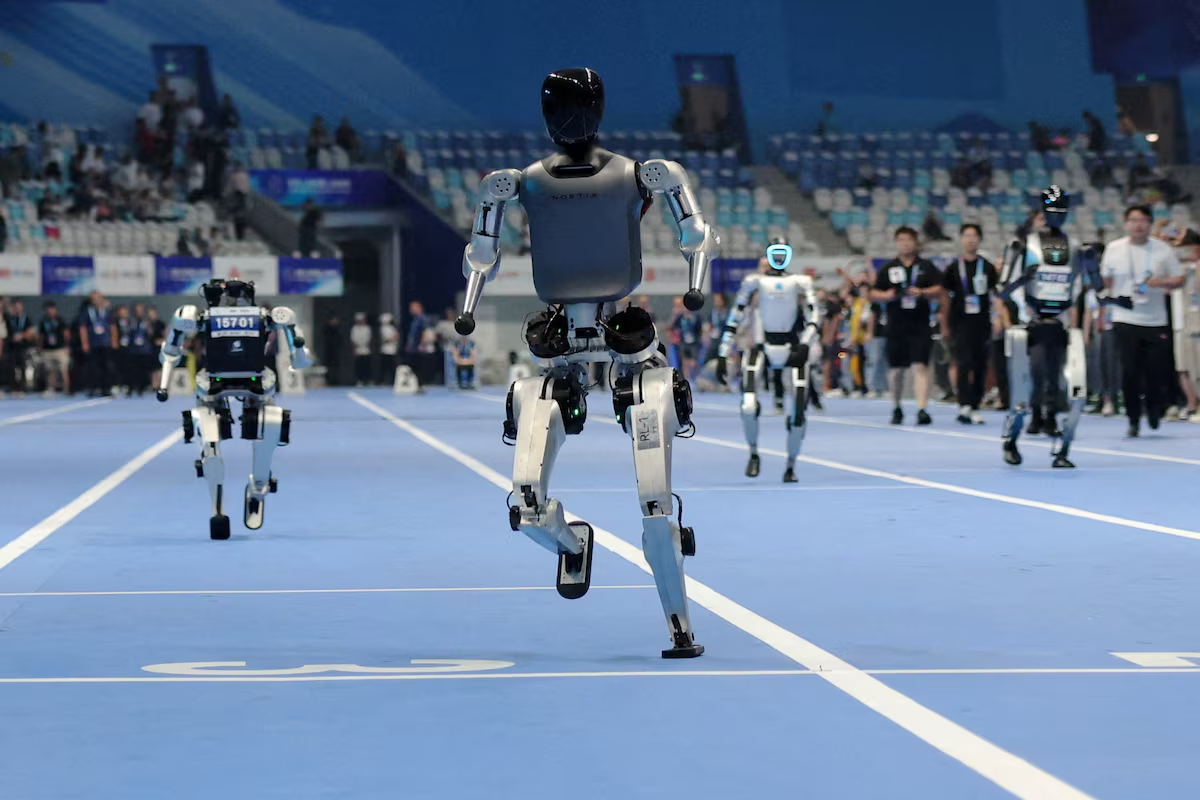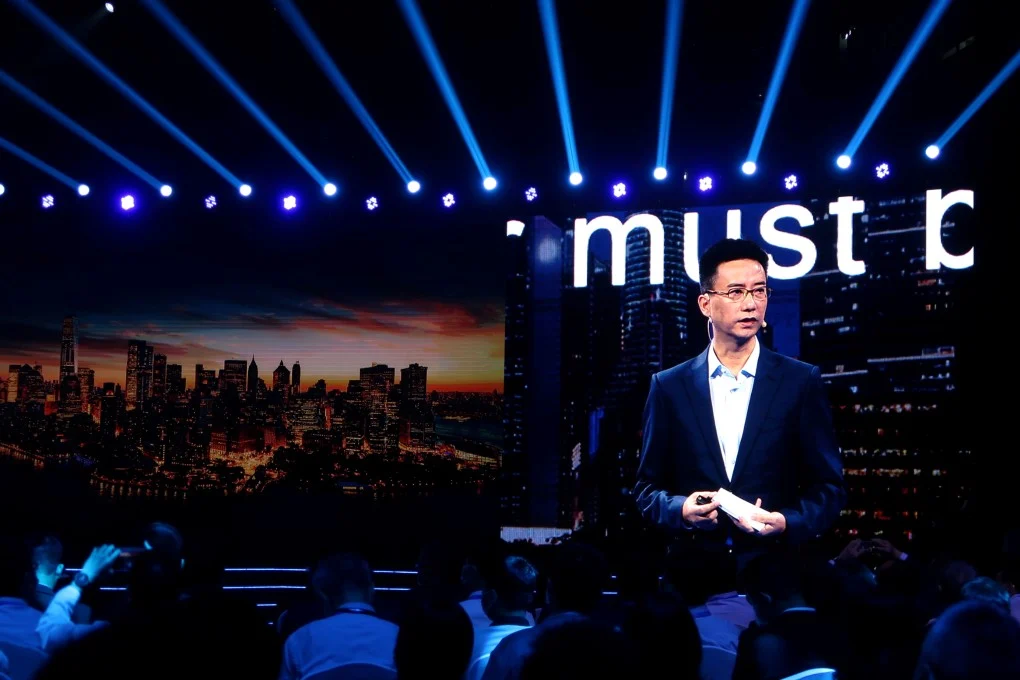China opened the World Humanoid Robot Games on Friday, a three-day international sports showcase featuring 280 teams from 16 countries competing in events designed to test both athletic and practical skills of humanoid robots.
The competition includes sports such as football, track and field, and table tennis, alongside real-world service challenges like medicine sorting, material handling, and cleaning. Among the participants are 192 university teams and 88 from private enterprises, including Chinese robotics firms Unitree and Fourier.
Organised in part by the Beijing municipal government, the event reflects China’s ambition to become a global leader in artificial intelligence and automation, particularly as it faces an ageing population and slowing economic growth. The robotics sector has received over $20 billion in government subsidies in the past year, and Beijing plans to launch a 1 trillion yuan ($137 billion) fund to support AI and robotics startups.
Recent months have seen several high-profile robotics events in China — from a humanoid robot marathon to dedicated robot retail stores — though some displays, like the marathon where certain robots overheated and failed to finish, have drawn criticism over current technological limits.
Despite the challenges, industry experts see such events as essential to driving innovation and real-world adoption. Booster Robotics, whose machines are competing in the football category for Tsinghua University, said sports offer a unique testing ground for perception, decision-making, and control systems that could later be applied in factories or households.
“Playing football is a testing and training ground for helping us refine our capabilities,” said Zhao Mingguo, Chief Scientist at Booster Robotics.



